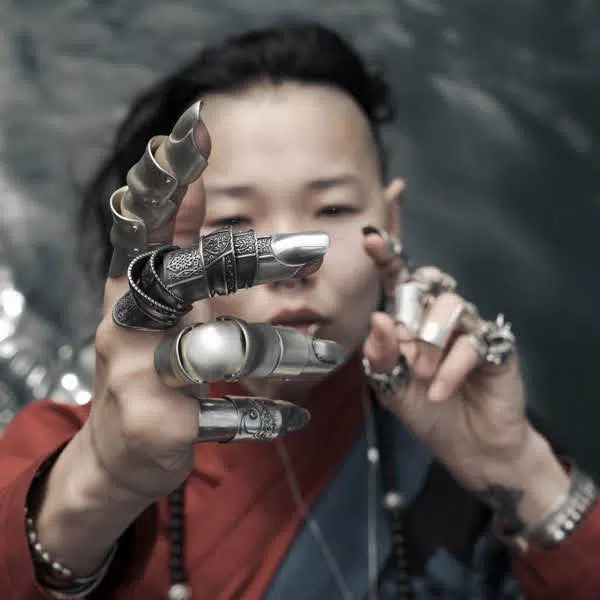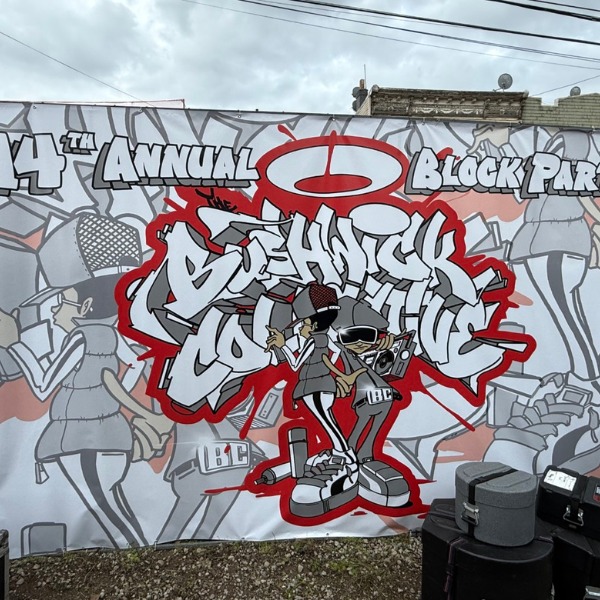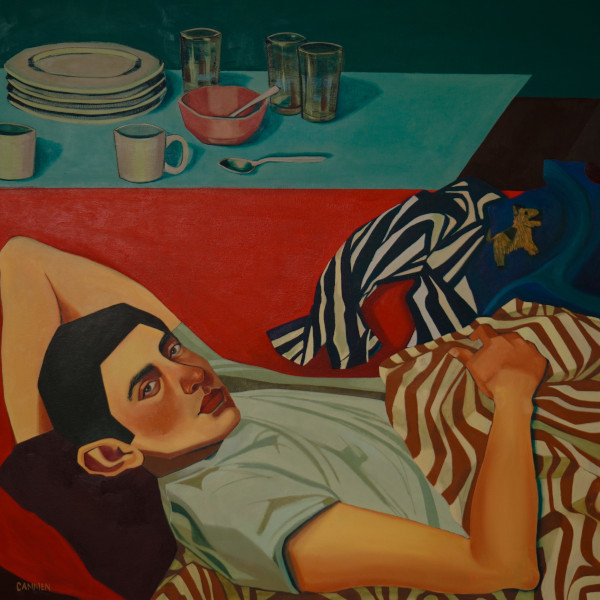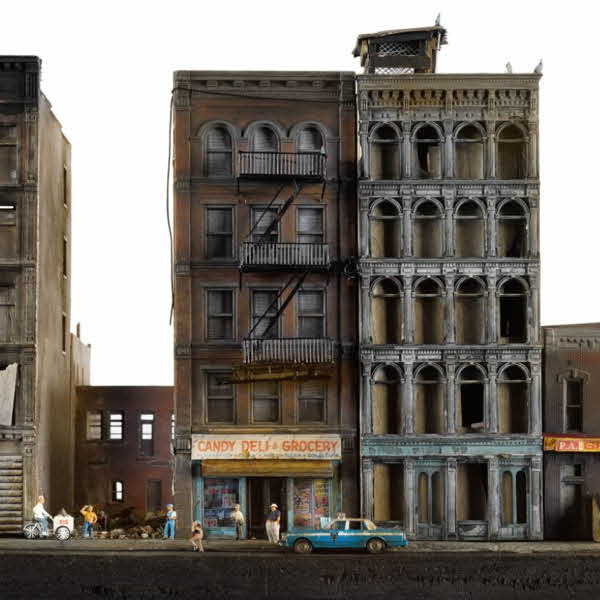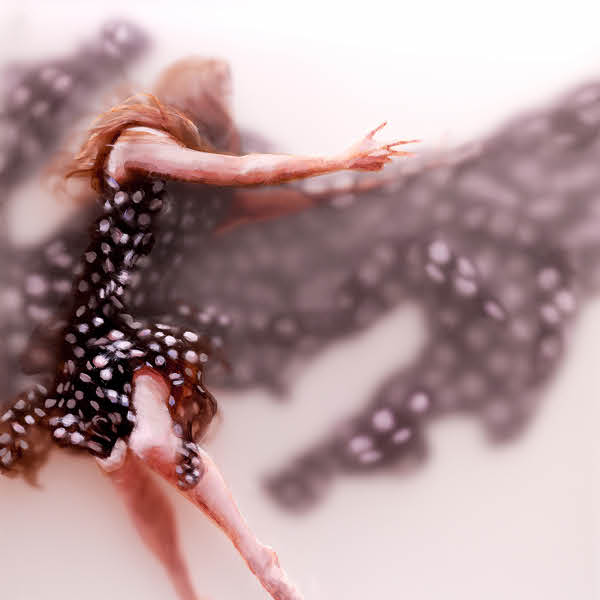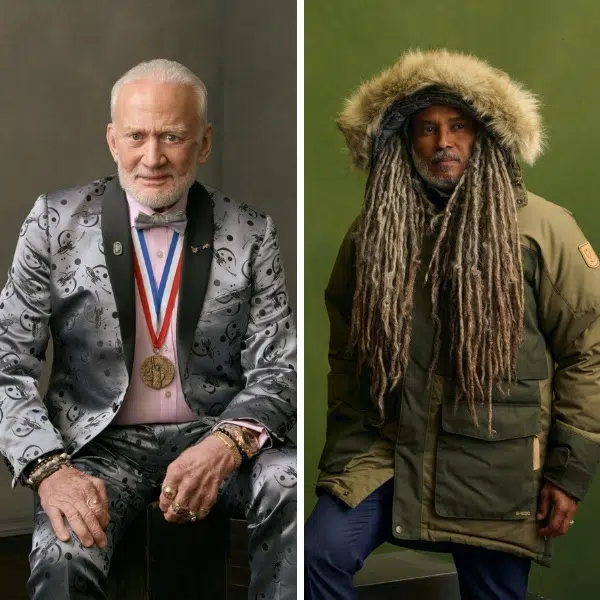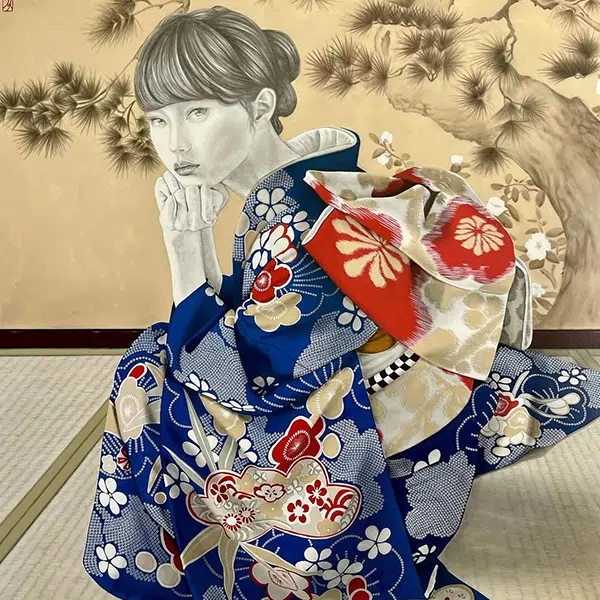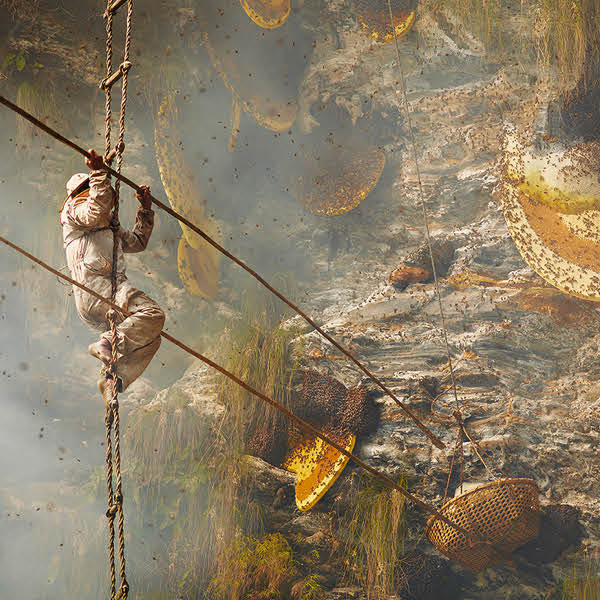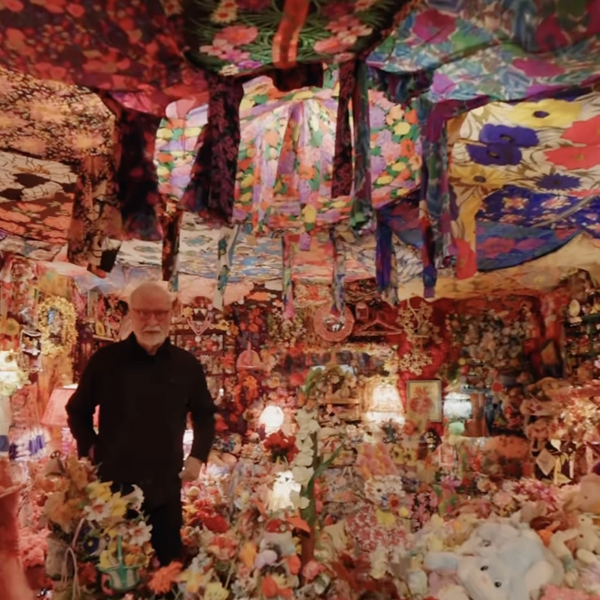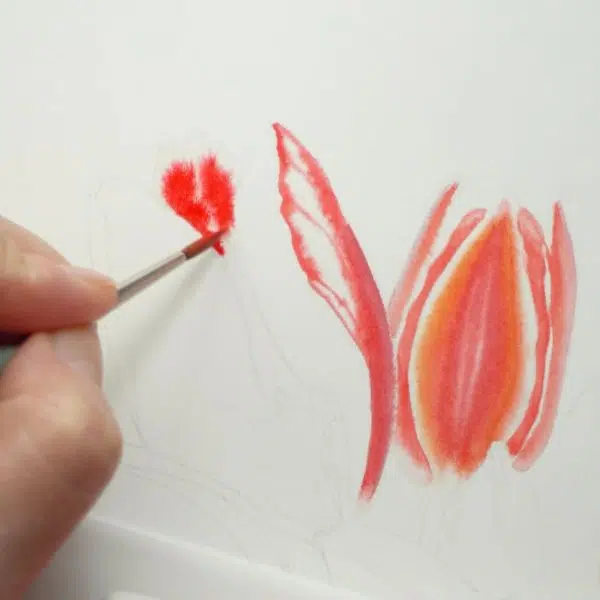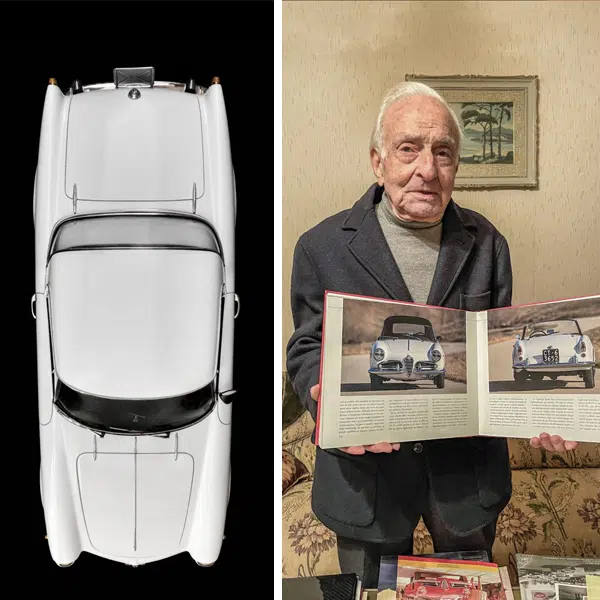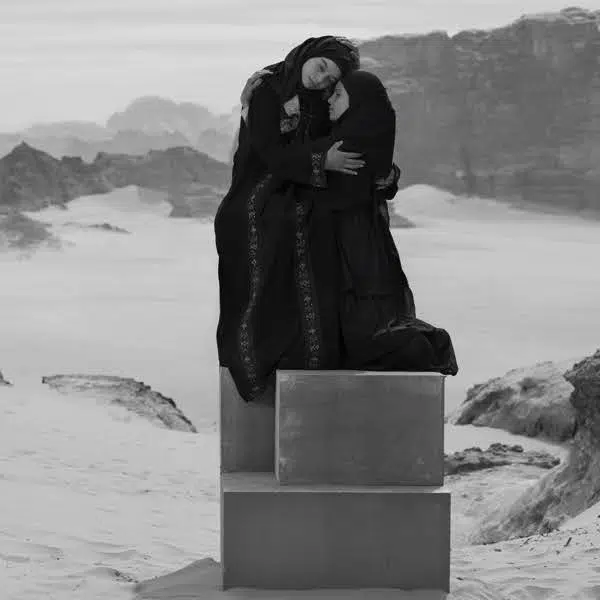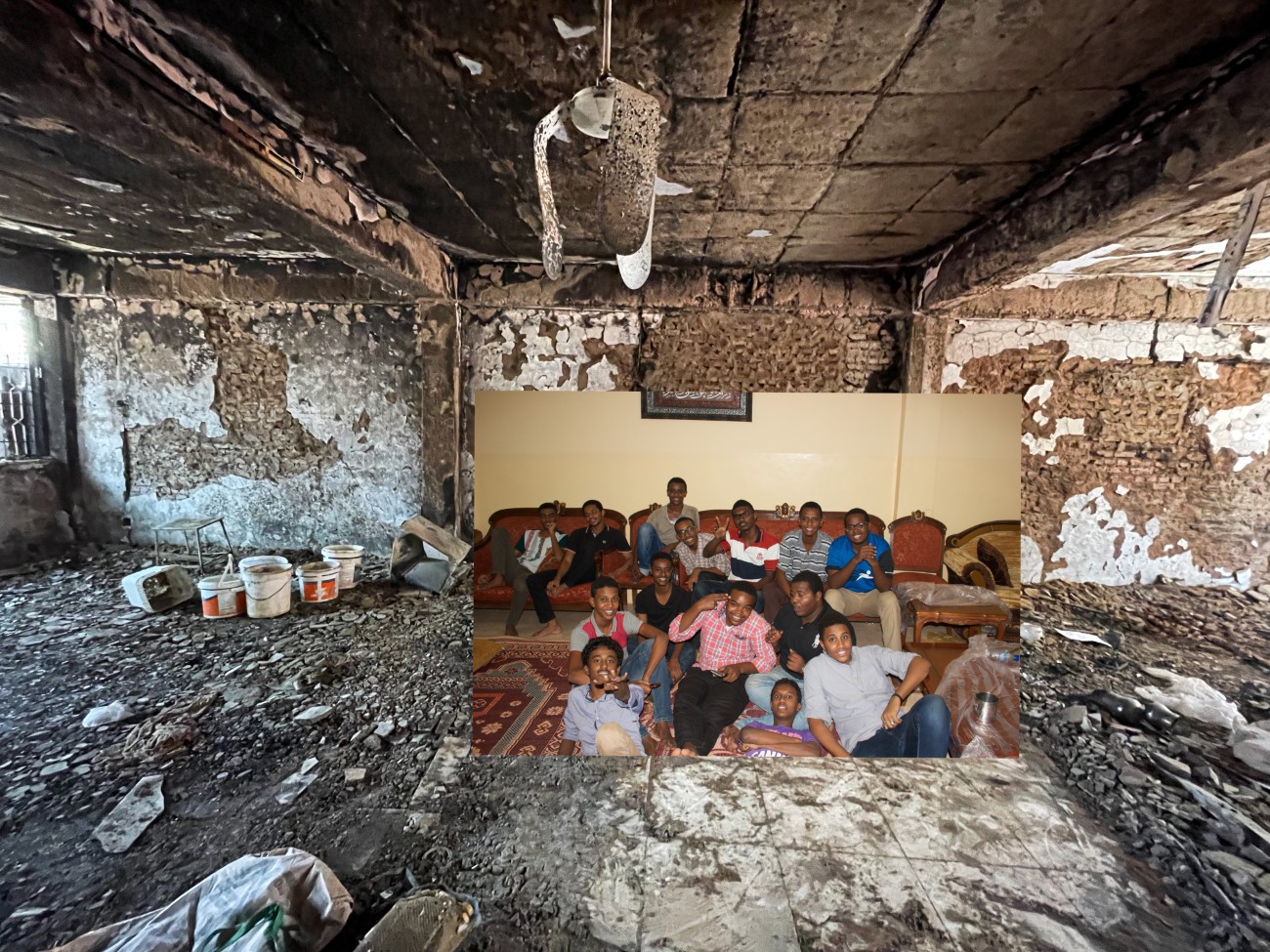
On April 15, 2023, years of tensions between the Sudanese Armed Forces (SAF) and the Rapid Support Forces (RSF) boiled over into war. The effects of the conflict, which is still ongoing, have had a massive humanitarian toll. It's estimated that over half a million children have died from famine sparked by the war, with violence and disease taking the lives of many more. As of early 2025, nearly 9 million citizens were internally displaced, with over 3.5 million fleeing the country.
Among those affected is Mosab Abushama, whose photography hobby turned into something much more at the outbreak of the conflict. After fleeing with his family to a safer part of his hometown, Omdurman, he quickly realized that life would never be the same. Suddenly, the visual diary he had kept to document his daily life had transformed him into a war photographer. Secretly snapping while volunteering at a hospital or helping to dig graves, Abushama created a shocking portrayal of the reality of war.
Returning to his home a year after he left, Abushama realized that life would never be the same. His home, along with others in his neighborhood, has been reduced to shells—spaces for family gatherings reduced to rubble. As part of his ongoing series about the war, Tadween, Abushama created photo collages to show the stark difference between the past and present.
Now living in New York to attend the School of Visual Arts, Abushama has left a powerful legacy of award-winning photography that opens up a wider dialogue about what's currently happening in Sudan. While Western news often focuses on conflicts in Europe and the Middle East, his work serves as a poignant reminder that Africa's conflicts deserve equal attention and humanitarian care.
We had the chance to speak with Abushama about his photography, what Tadween means to him, and what the world can do to help Sudan. Read on for My Modern Met's exclusive interview.
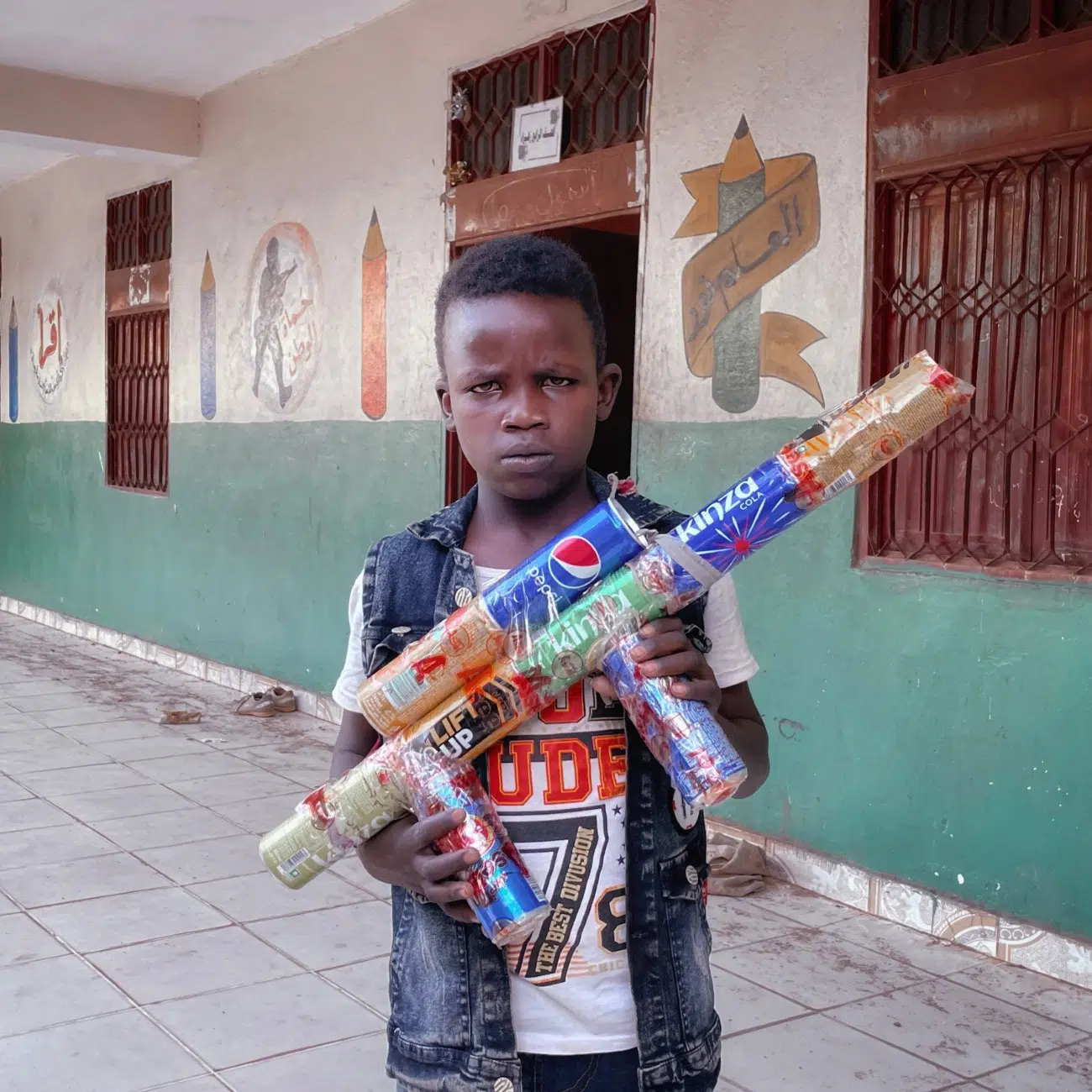
What initially drew you to photography?
It’s a hobby. Photography gave me a way to hold onto fleeting moments and as visual diaries. Over time, it became something much deeper. It became my way of witnessing, understanding, and expressing things I couldn’t always put into words.
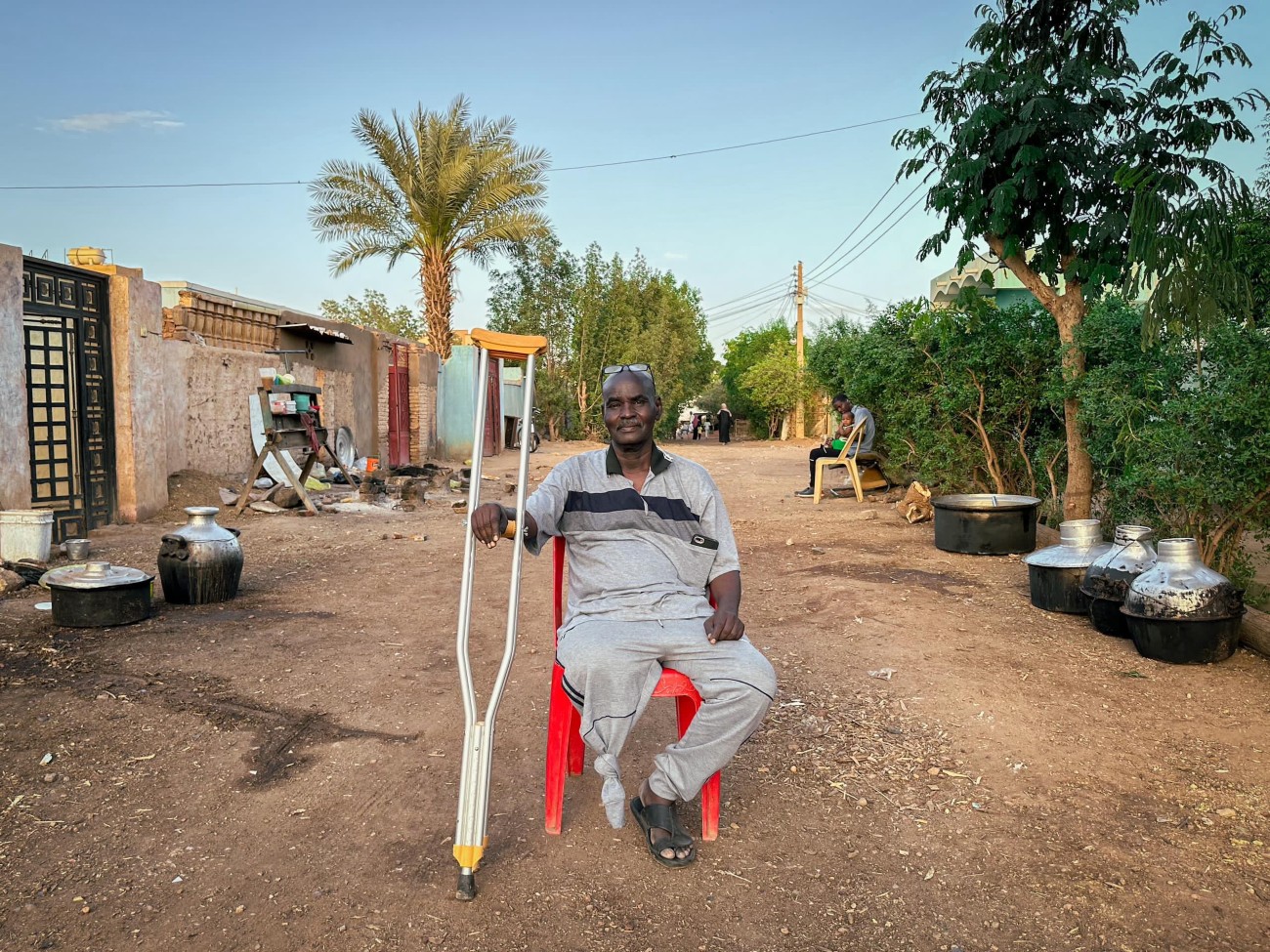
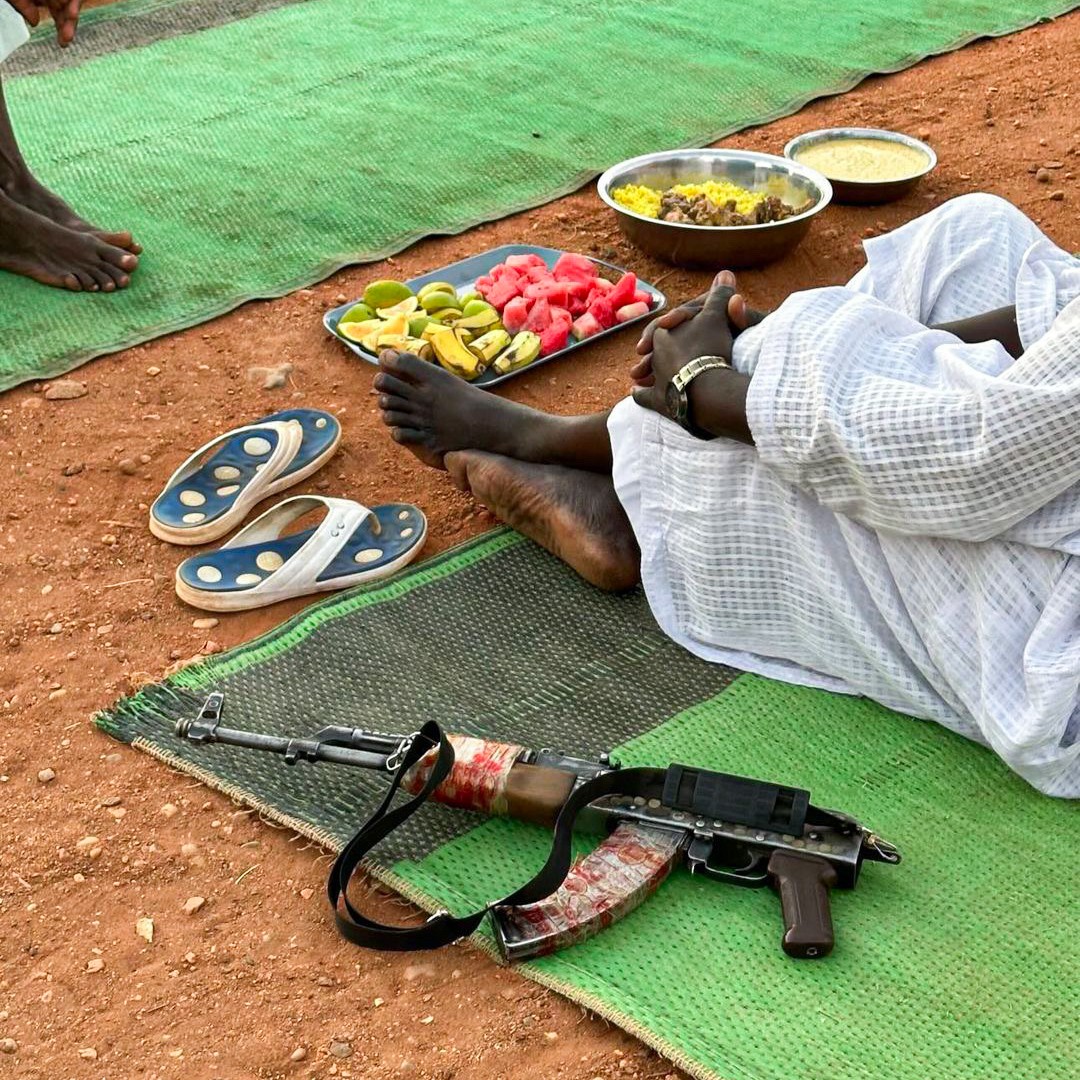
Why was it important for you to document what was happening in Sudan?
Because if we don’t document it, who will? Not just through news headlines or politics, but through real human experiences. I felt a responsibility, especially as someone who stayed behind, to show the world what was happening, and to leave behind a trace of our voices and our lives during this time.
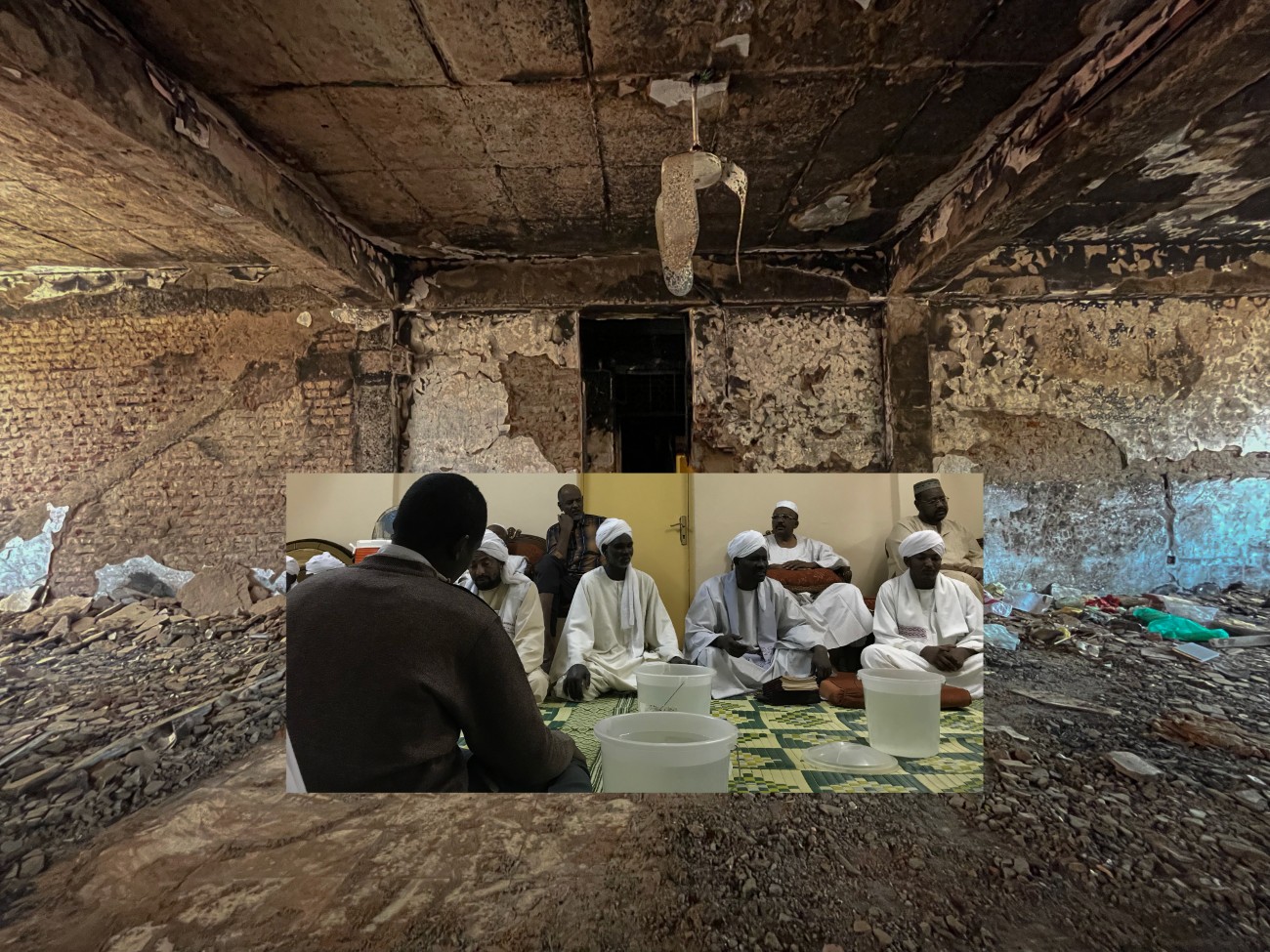
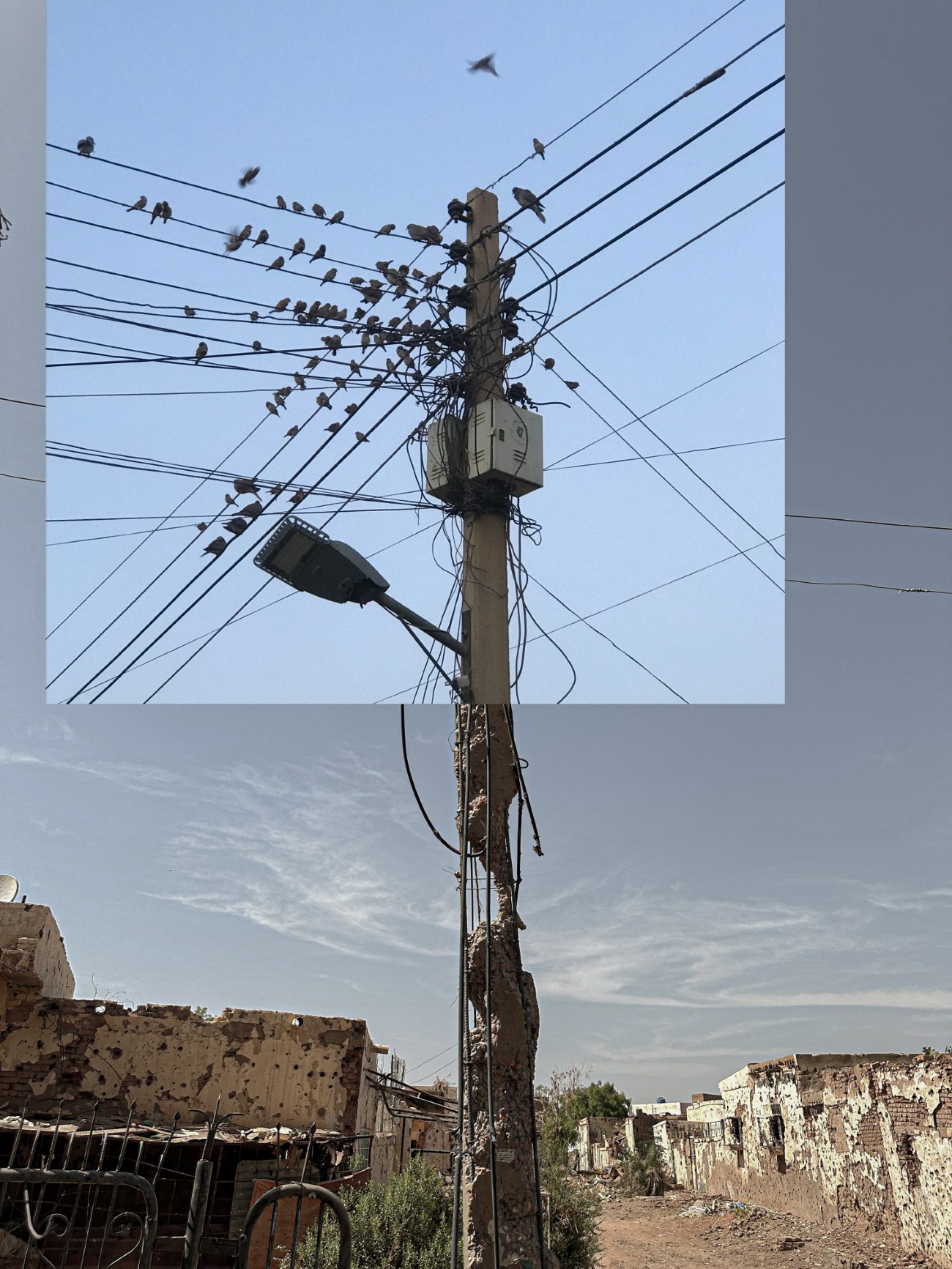
What inspired you to overlay your images before and after the war?
Returning to my neighborhood after a year, I found it both familiar and unrecognizable. The streets, the buildings, the sounds—they were the same, but everything had changed. I had old photos from better times, and I instinctively started placing them over what I saw now. It became a way of grieving, but also a way of remembering, of refusing to let go of what once was.
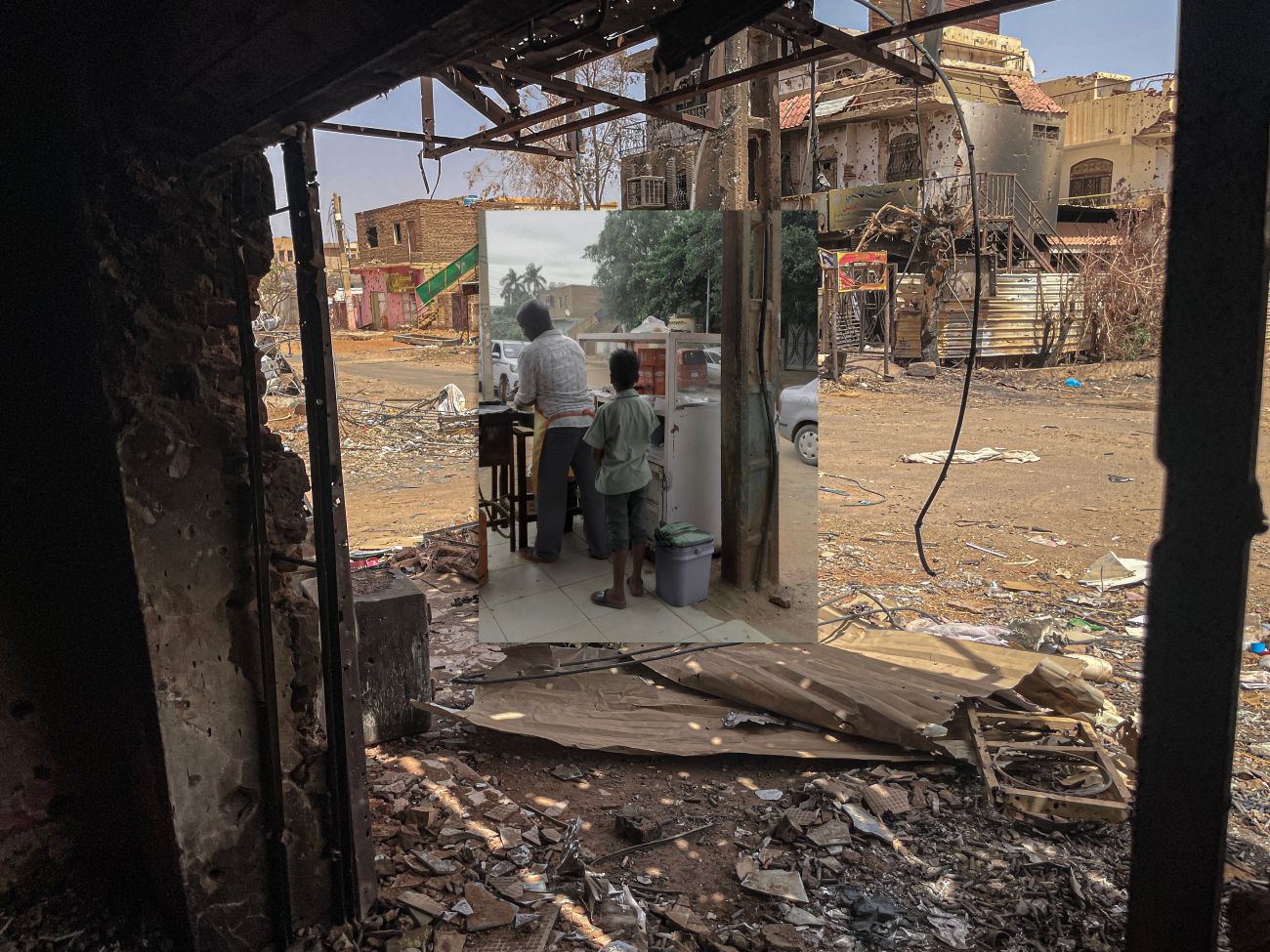
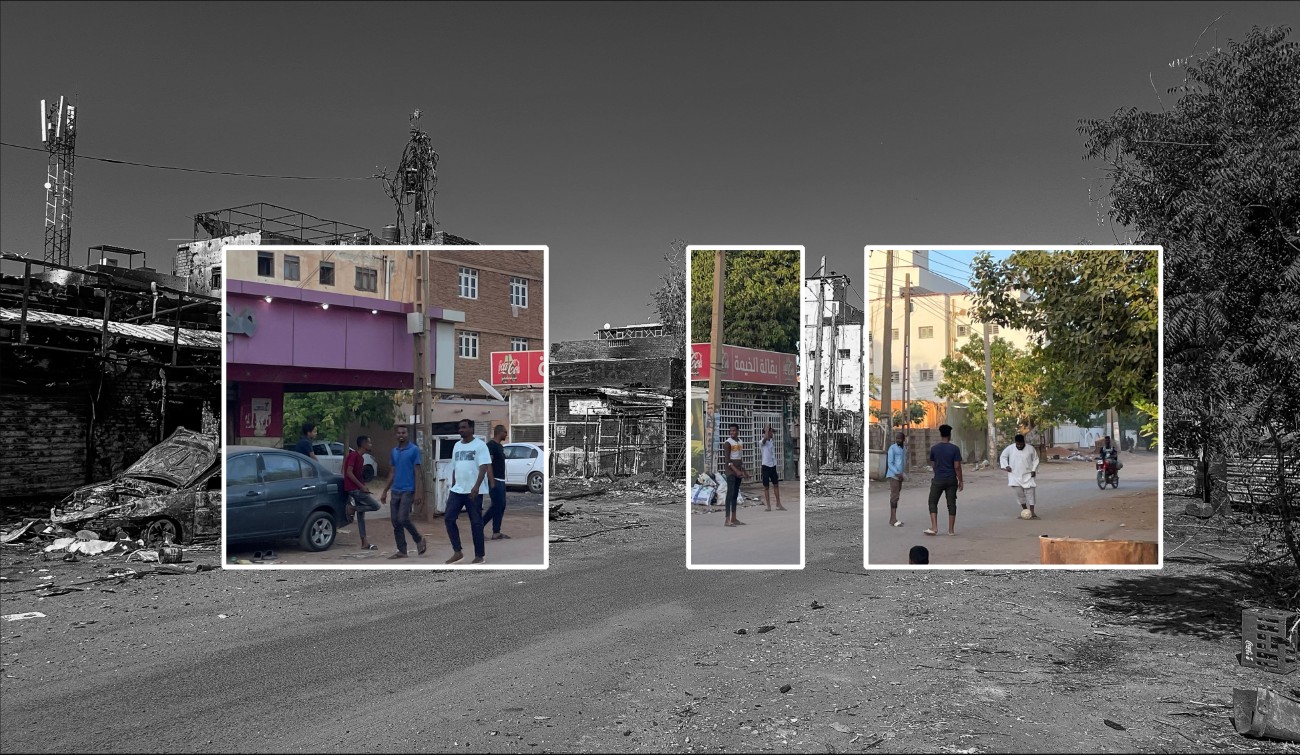
Is there a particular before and after that is meaningful to you? If so, why?
Yes—there’s an image of a quiet street where kids used to play, layered over a shot of that same street now filled with debris and silence. That contrast hit me hard. It captured not only what we lost physically, but also emotionally, the joy, the safety, the sense of community.
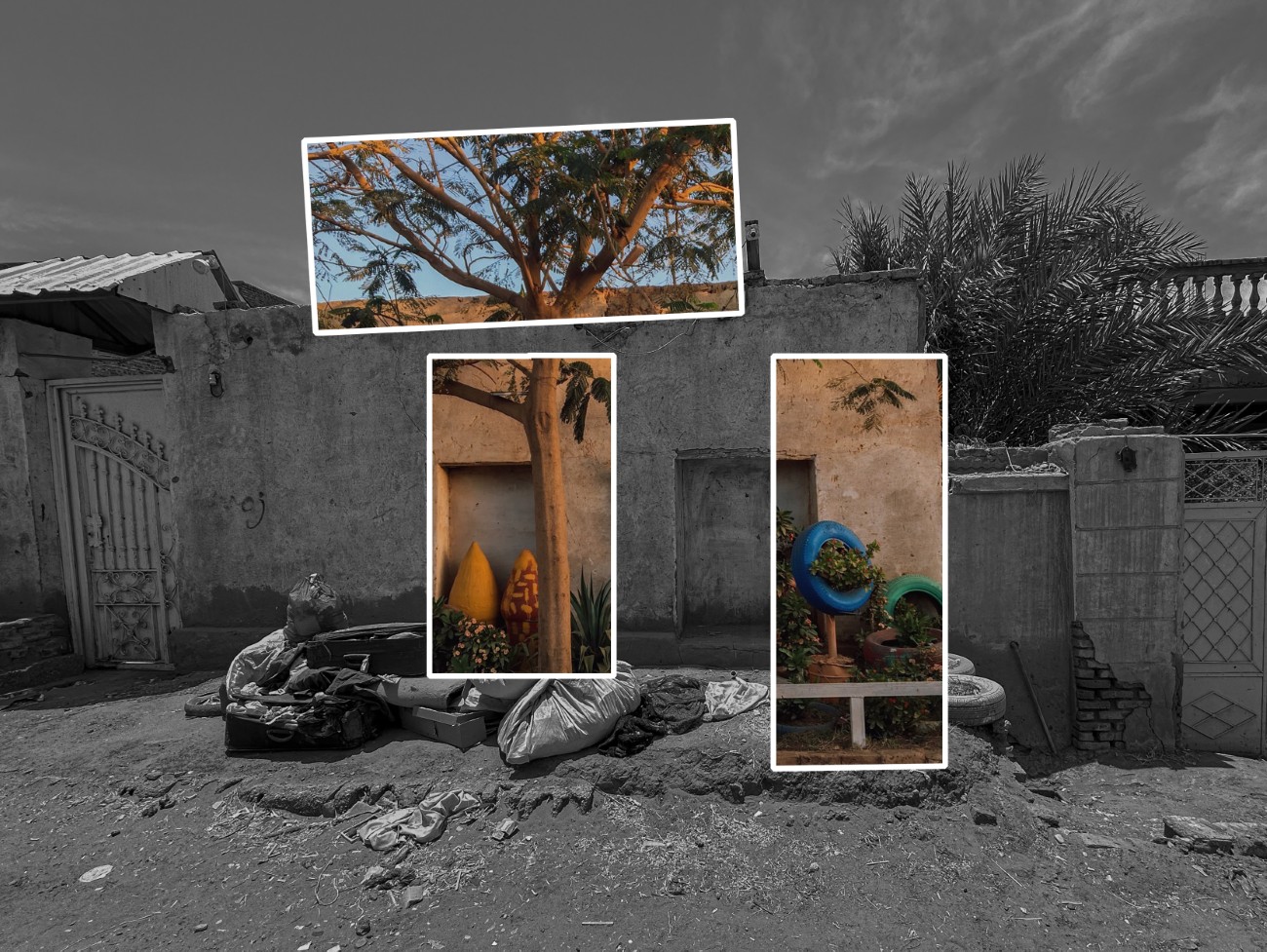

Has this process been cathartic or healing for you in any way?
In some ways, yes. It gave me a way to process everything I was going through. When you’re surrounded by war, you can feel numb or helpless. But, through photography, I was able to confront those emotions and turn them into something—into memory, into art, into resistance. It didn’t heal everything, but it gave me a place to begin.
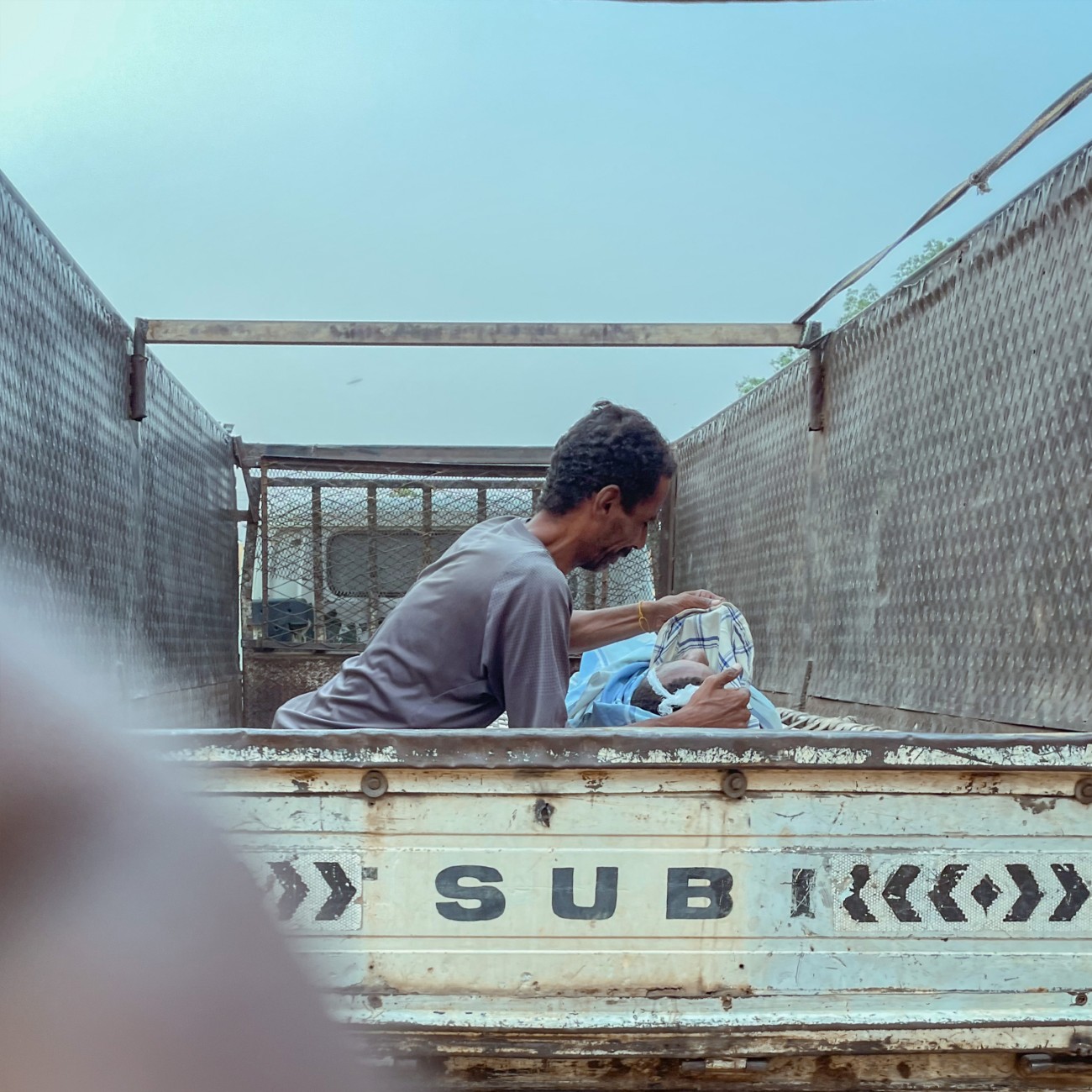
Your documentary photography has given more visibility to what’s happening in Sudan. How does that make you feel? And what are your thoughts on how the conflict is being covered internationally?
It’s meaningful to know that people are seeing our reality through my lens. That recognition—like with the World Press Photo—amplifies our voices. But at the same time, I feel frustrated by how little attention Sudan still receives internationally. The world often overlooks African conflicts unless there’s a political interest. I hope my work disrupts that silence, even just a little.
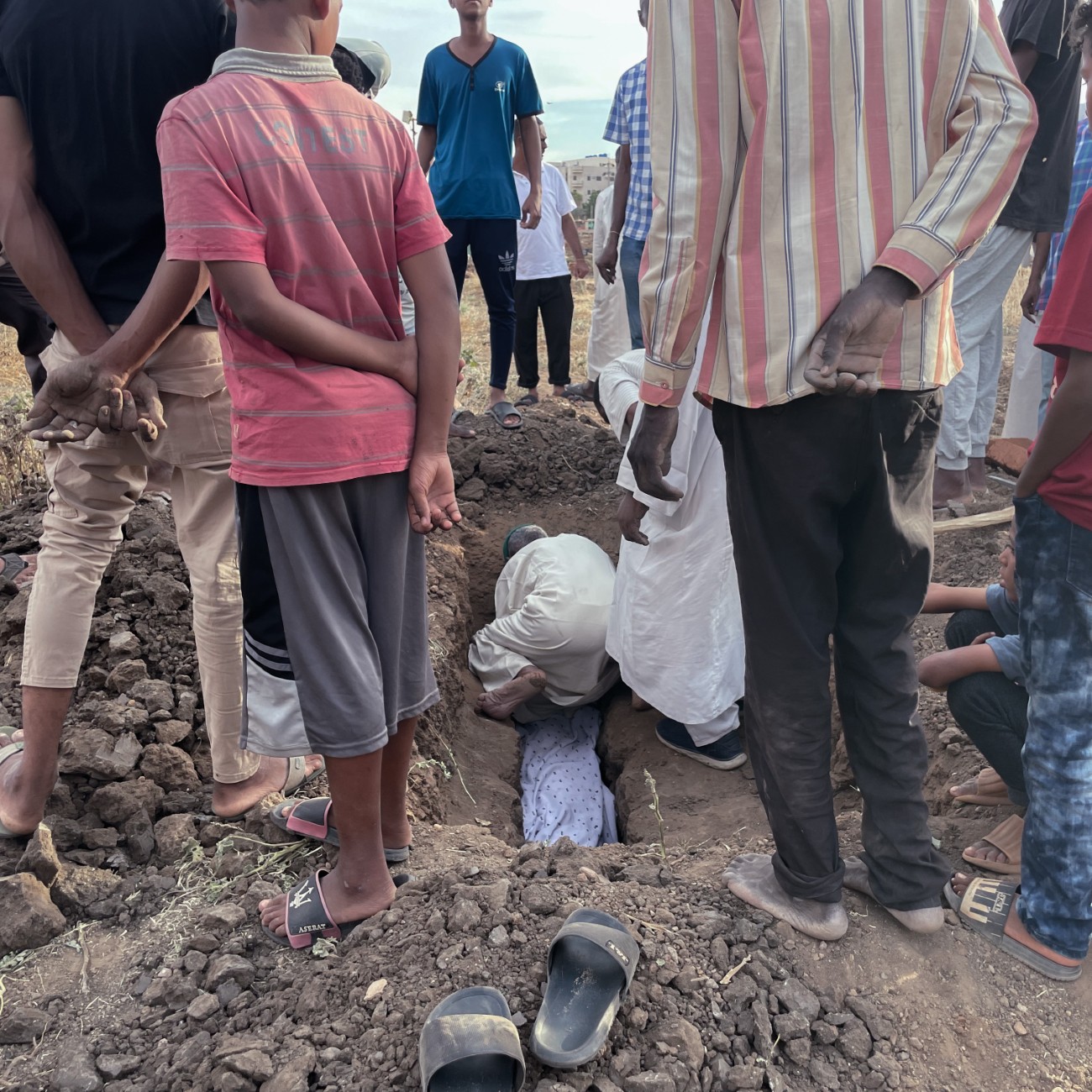
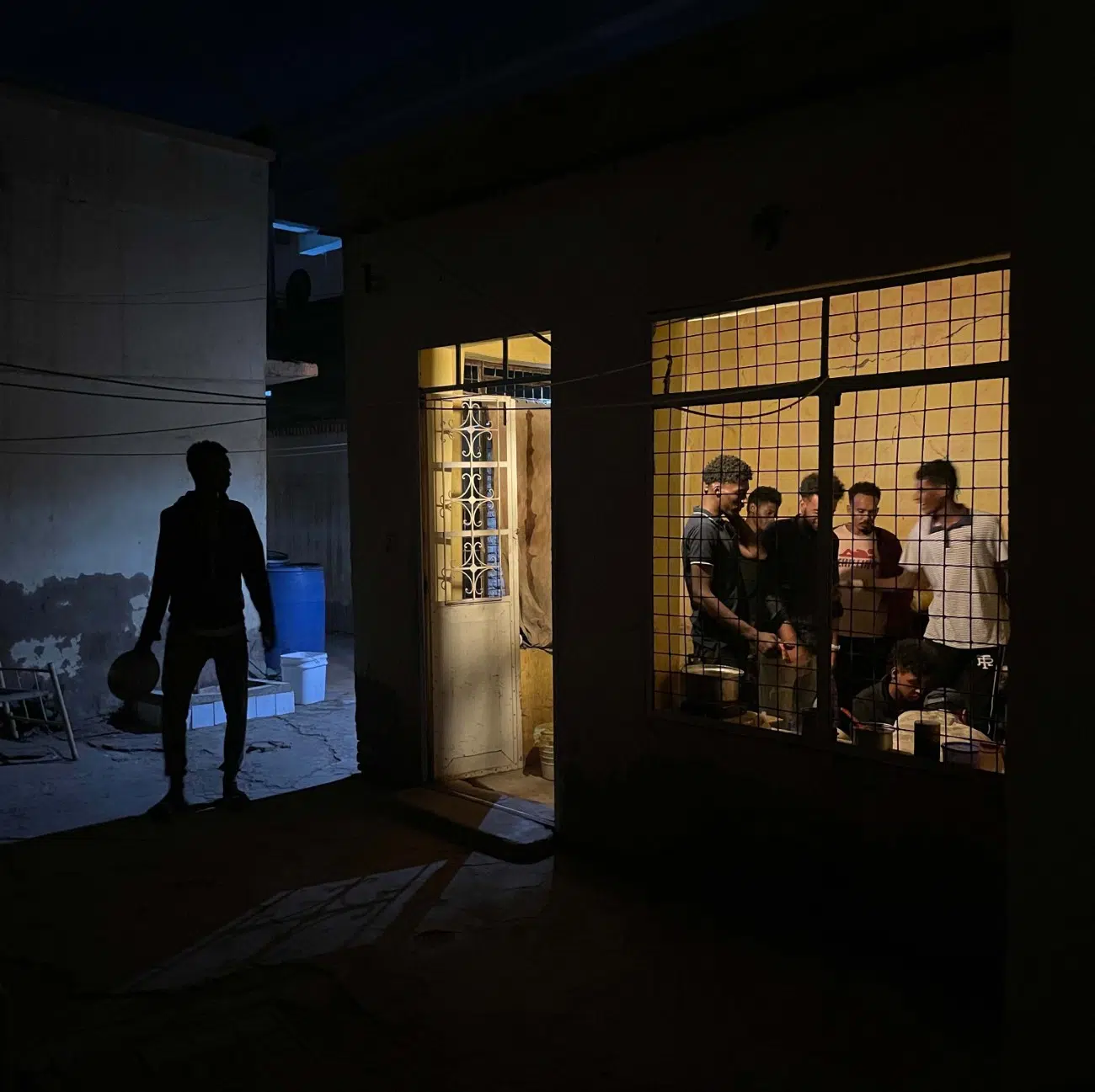
What do you hope that people take away from your work?
I want people to feel something. I want them to understand that war isn’t just numbers or strategy, it’s people. Families, children, weddings, street corners, memories. If someone sees my photo and pauses to really think about Sudan—not as a distant place, but as a shared human story then that means something.
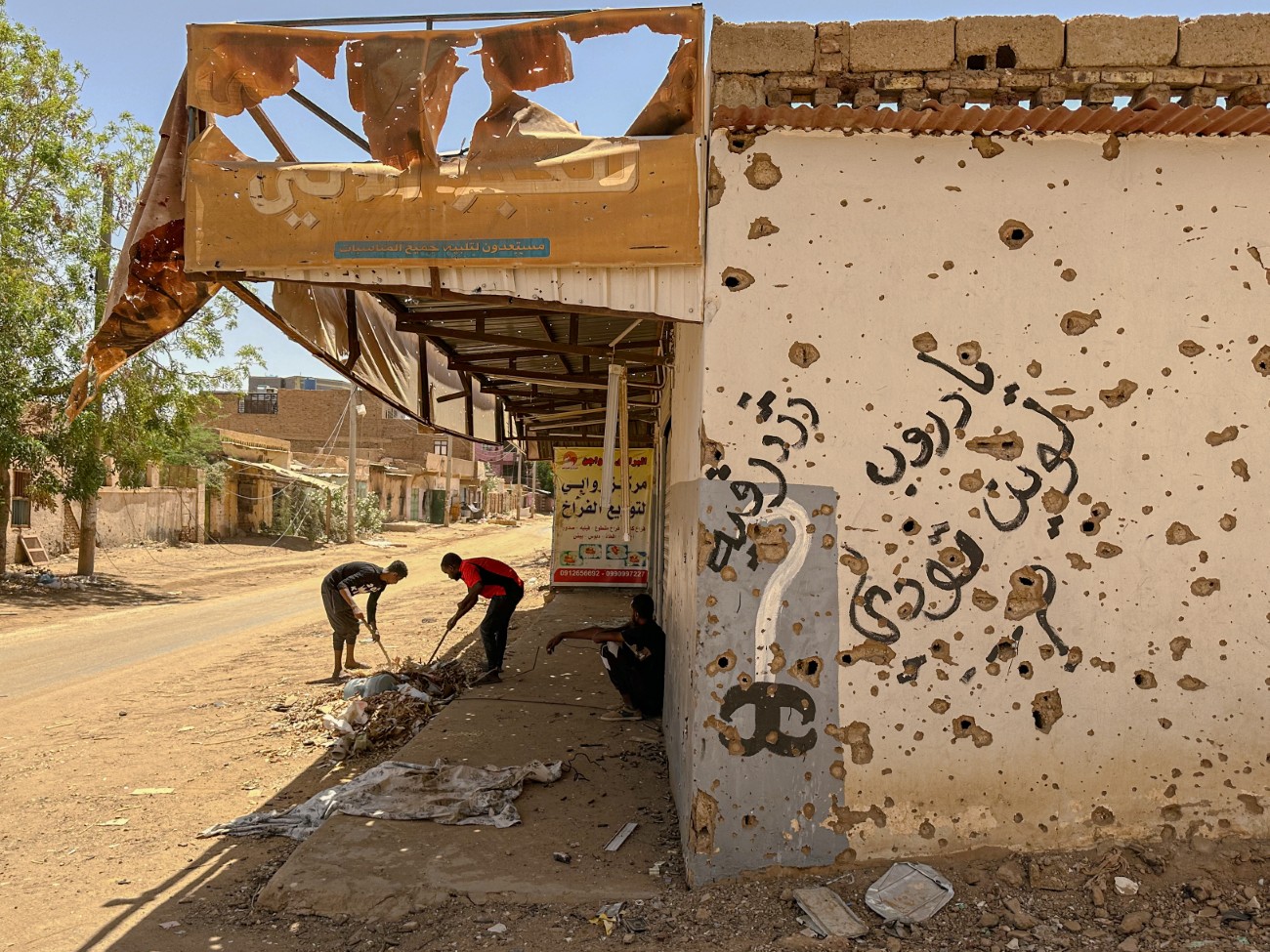
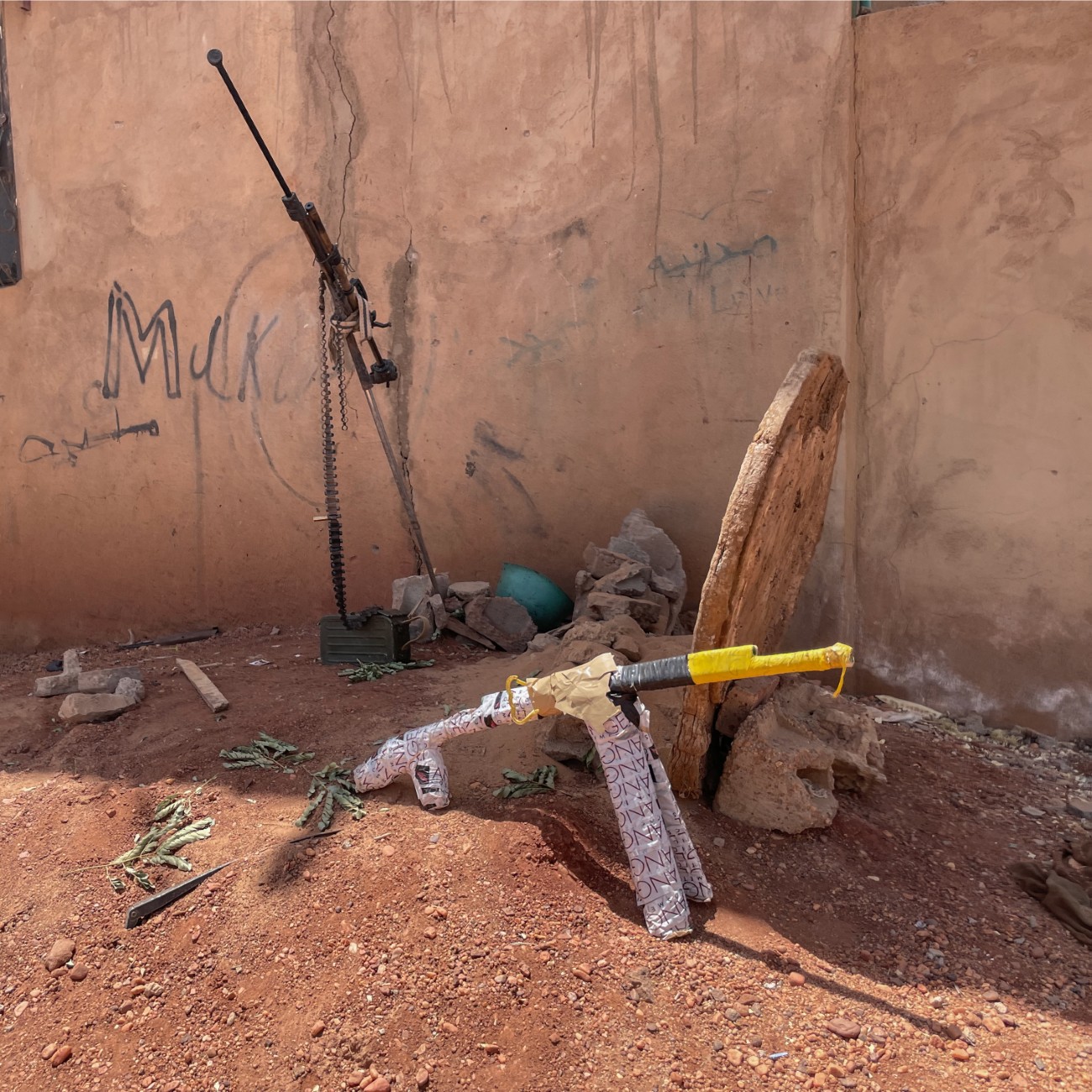
As outsiders, what can we do to help support Sudan during this time?
First of all, don’t describe it as a civil war because this gonna lets the supporters continue what they do, and the war never ends. Listen to Sudanese voices. Share their stories. Support grassroots efforts and trusted humanitarian organizations working directly with communities. And most importantly, don’t let Sudan disappear from your radar. Attention matters. Pressure matters. Solidarity matters.

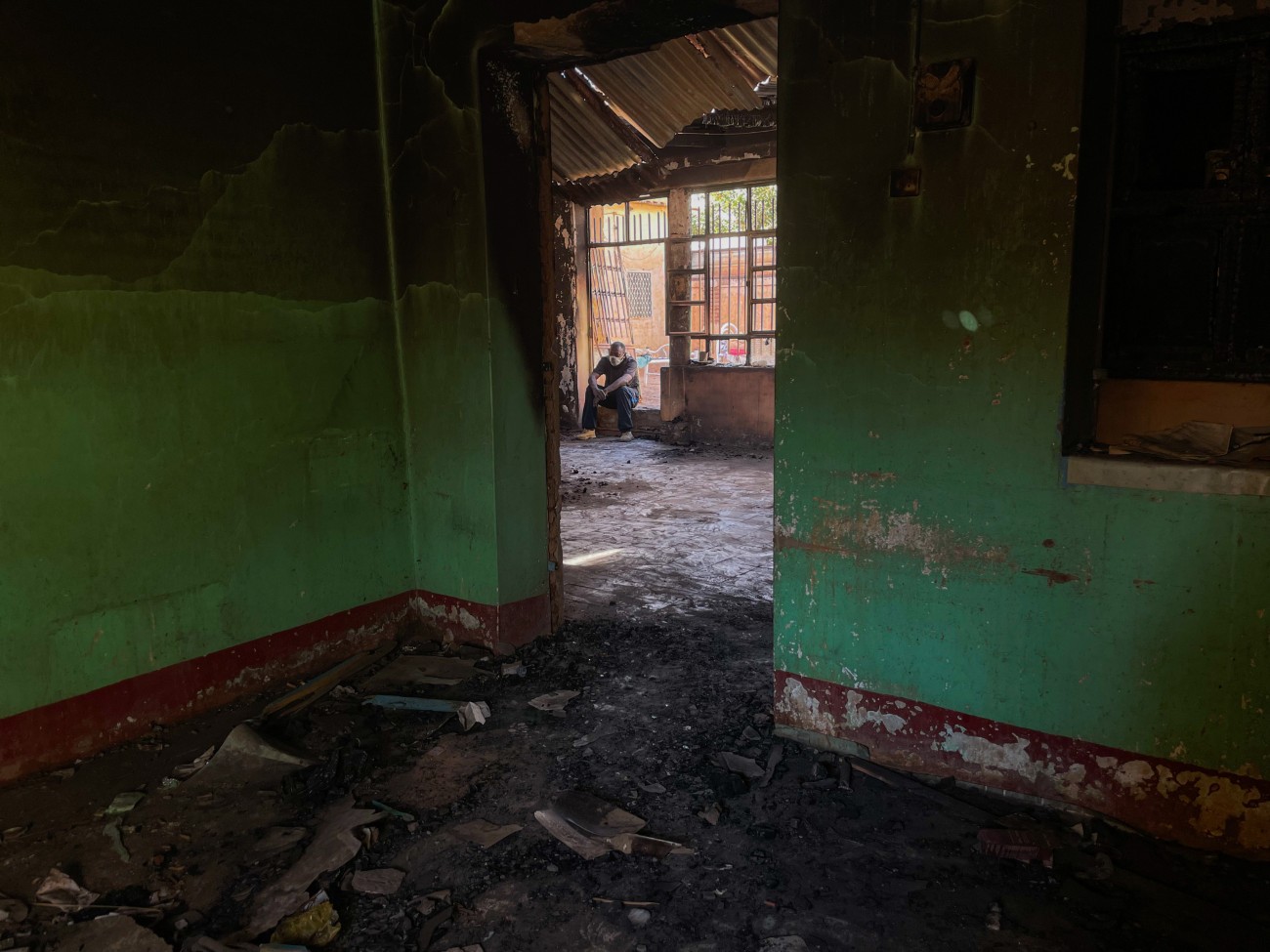
What’s next for you?
I’m currently pursuing my MFA at the School of Visual Arts in New York, and continuing to work on Tadween—expanding it beyond still images into film, sound, and installations—and I want to make a book out of this project. I want to keep pushing how we tell stories from conflict zones—not just what we see, but what we feel, remember, and carry with us. I hope to keep creating work that stays honest and human, wherever that takes me.
Mosab Abushama: Instagram
My Modern Met granted permission to feature photos by Mosab Abushama.
Related Articles:
Powerful Art Installation Gives a Face to Civilians Living in Conflict Zones
Evocative Photography Book Explores the Parallels Between War and Peace
Powerful Portraits of Ukrainian Refugees Posing in Front of Their Destroyed Homeland
Split Photos Highlight the Stark Disparities Between War and Comfort Across the World











































































